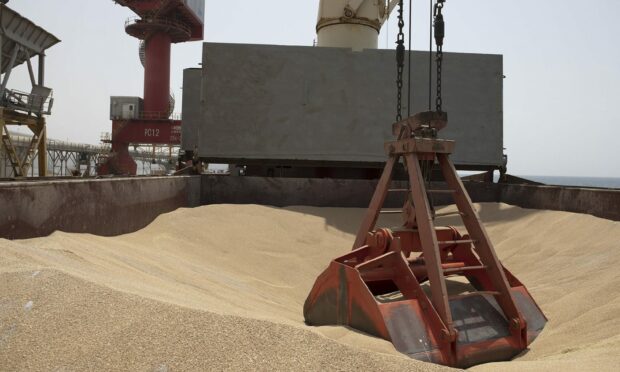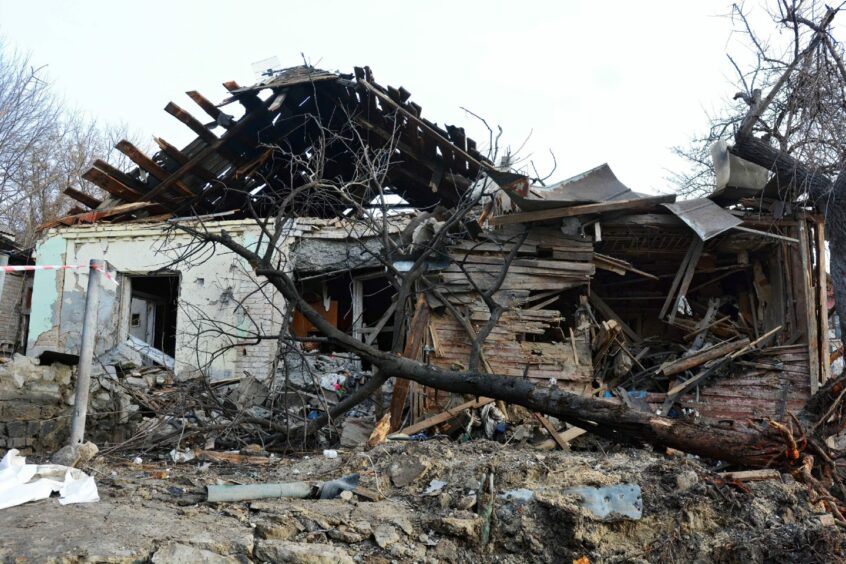The European Commission has published its first analysis of the drivers of food security in Europe, and it has a predictably green tinge to its conclusions.
It does, however, concede that while the availability of food is not an issue in the EU, its affordability is.
This is a very different stance to when food security soared up the political agenda last year over concerns about availability, triggered by events in Ukraine and the drought across much of the EU.

The report identifies the key drivers as climate change, environmental degradation and the impact of the war in Ukraine. It says little about any case for increased productivity in agriculture.
Farmers and the farming lobby will see this as yet another missed opportunity to address a vital issue.
Sweden has taken over the rotating EU presidency for the next six months, with promises to continue pushing green issues to the fore.
Its four key presidency themes are unity over security, competitiveness, transition to a green economy and democratic values – claiming the latter must be the foundation of all EU policy.
On agriculture it says it recognises the industry will continue to suffer the fallout from Russian aggression in Ukraine. The new presidency says it is committed to driving the Green Deal and progress towards the EU achieving climate change neutrality by 2050.
Meanwhile, despite the global dislocation of trade because of events linked to the war in Ukraine, EU agrifood trade is continuing to improve.
The latest figures for September 2022 show another increase in exports and a rise in the EU’s positive balance of trade gap between imports and exports to the highest level recorded.
Export success stories for the EU included increased trade to China, the UK and United States. Exports were dominated by cereals, prepared food and wine. On the import side Brazil became the EU’s biggest source, with imports of oilseeds and protein crops rising to reflect changes in global trade patterns.
The report also confirms that the EU and US now have a new “collaborative platform” in place to debate agriculture and trade. This is far short of a trade deal, but represents the first steps on a long journey and is part of a plan to improve EU/US trade relations from the trough they hit in the Trump era.











